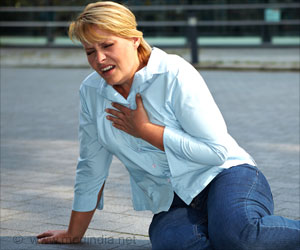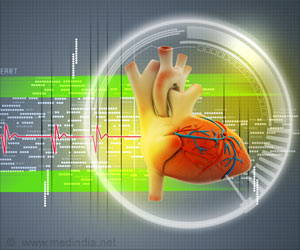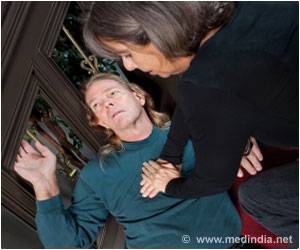Highlights
- Heart attack can occur when there is a sudden loss of blood flow to the heart muscle.
- Scientists have found that exercise can protect people against having heart attacks.
"Animal studies suggest that myocardial infarctions are smaller and less likely to be fatal in animals that exercise. We wanted to see if exercise was linked with less serious myocardial infarctions in people."
Effect of Physical Activity on Heart Attack Patients
The research study was conducted on 14,223 participants from the Copenhagen City Heart Study who did not have a heart attack or stroke. The physical activity levels were assessed in 1976-1978 and were classified as sedentary, light, moderate or high.
The study participants were followed until 2013. About 1664 participants were found to have a myocardial infarction, out of which 425 of them died immediately.
The levels of physical activity on people who died immediately due to myocardial infarction and those who survived were compared.
A dose-response relationship between exercise and death from myocardial infarction showed that patients with light or moderate/high physical activity levels were 32% and 47% less likely to die due to myocardial infarction respectively when compared to sedentary patients.
"One possible explanation is that people who exercise may develop collateral blood vessels in the heart which ensure the heart continues to get enough blood after a blockage," she continued. "Exercise may also increase levels of chemical substances that improve blood flow and reduce injury to the heart from a heart attack."
The author also said that the observational study cannot be concluded with associations that are casual. The study results are required to be confirmed before we can make strong recommendations. However, exercises are considered to be safe and good for health. This indicates that continuing exercises even after developing atherosclerosis may help to reduce the seriousness of heart attack if it occurs.
Major Warning Signs of Heart Attack
Heart attack may have several warning symptoms and signs. This may include
- Discomfort or pain in the chest
- Upper body ache or discomfort in the arms, back, neck, jaw or upper part of the stomach
- Nausea and lightheadedness
- Cold sweats
- Shortness of breath
- Hanne Ejlersen, Zorana Jovanovic Andersen, My Catarina von Euler-Chelpin, Pernille Palm Johansen, Peter Schnohr, Eva Prescott. Prognostic impact of physical activity prior to myocardial infarction: Case fatality and subsequent risk of heart failure and death. European Journal of Preventive Cardiology, 2017; DOI: 10.1177/2047487317702046
- Heart Disease Facts - (https://www.cdc.gov/heartdisease/facts.htm)
Source-Medindia















